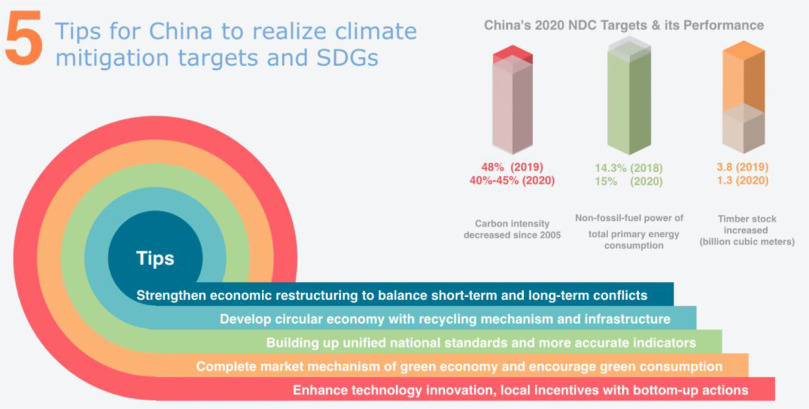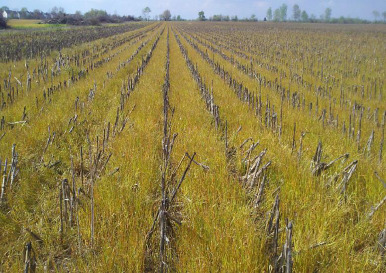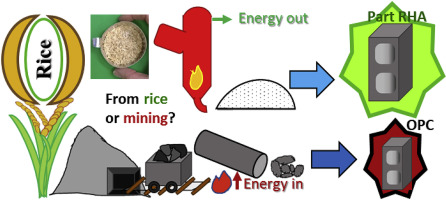Geography and Sustainability, Volume 1, September 2020
Tillage is the most common agricultural practice dating back to the origin of agriculture. In recent decades, no-tillage (NT) has been introduced to improve soil and water quality. However, changes in soil properties resulting from long-term NT can increase losses of dissolved phosphorus, nitrate and some classes of pesticides, and NT effect on nitrous oxide (N2O) emission remains controversial. Complementary management that enhances the overall environmental benefits of NT is therefore crucial.



